New York State imposes a mortgage recording tax (MRT) on the recording of a mortgage on real property located within the state. Here is the comprehensive resource for the New York Mortgage Recording Tax. The tax is imposed on the recording of a mortgage on real property in New York State and its cities and counties. The MRT is calculated based on the amount of the mortgage and is paid by the borrower at the time of recording.
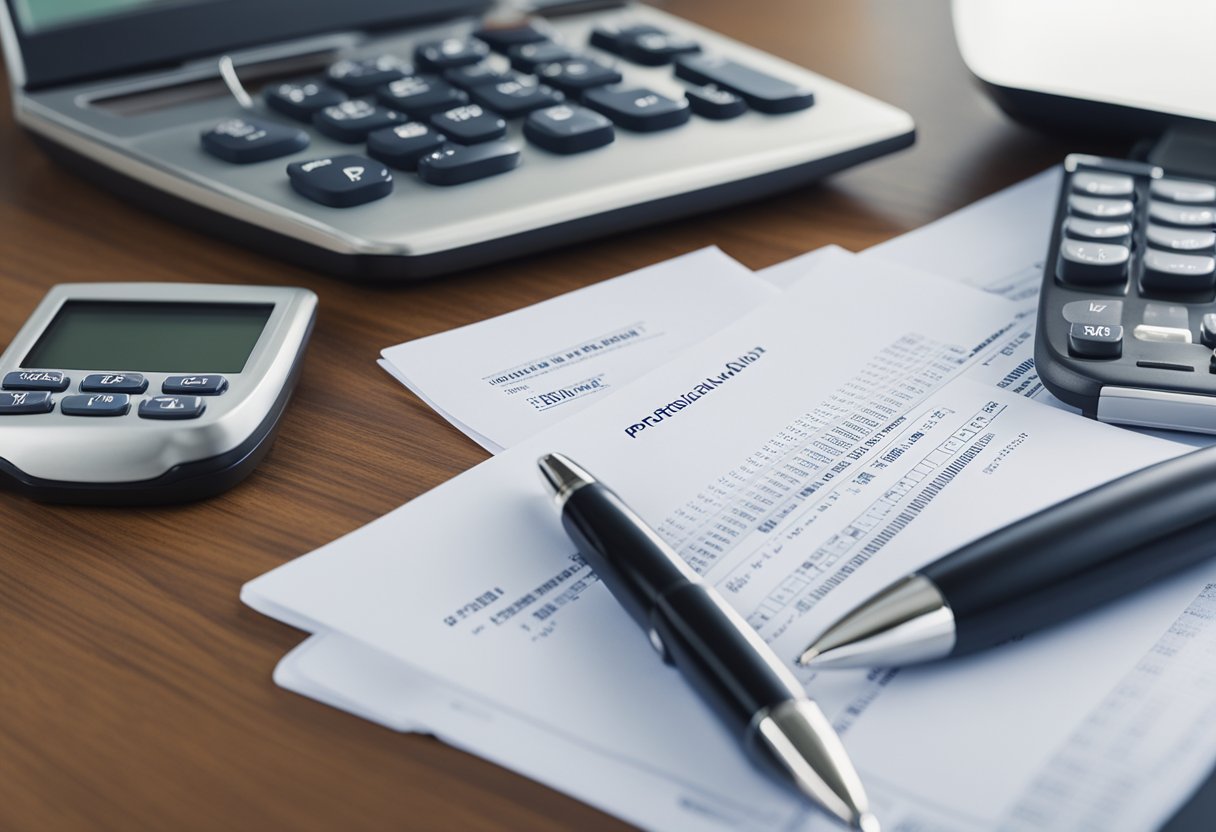
The MRT rates vary depending on the location of the property, the amount of the mortgage, and other factors. In New York City, for example, the MRT rate is 2.05% for mortgages up to $500,000 and 2.175% for mortgages over $500,000. However, the buyer’s lender typically pays 0.25% of the MRT, which reduces the effective MRT rates to 1.8% for mortgages up to $500,000 and 1.925% for mortgages over $500,000.
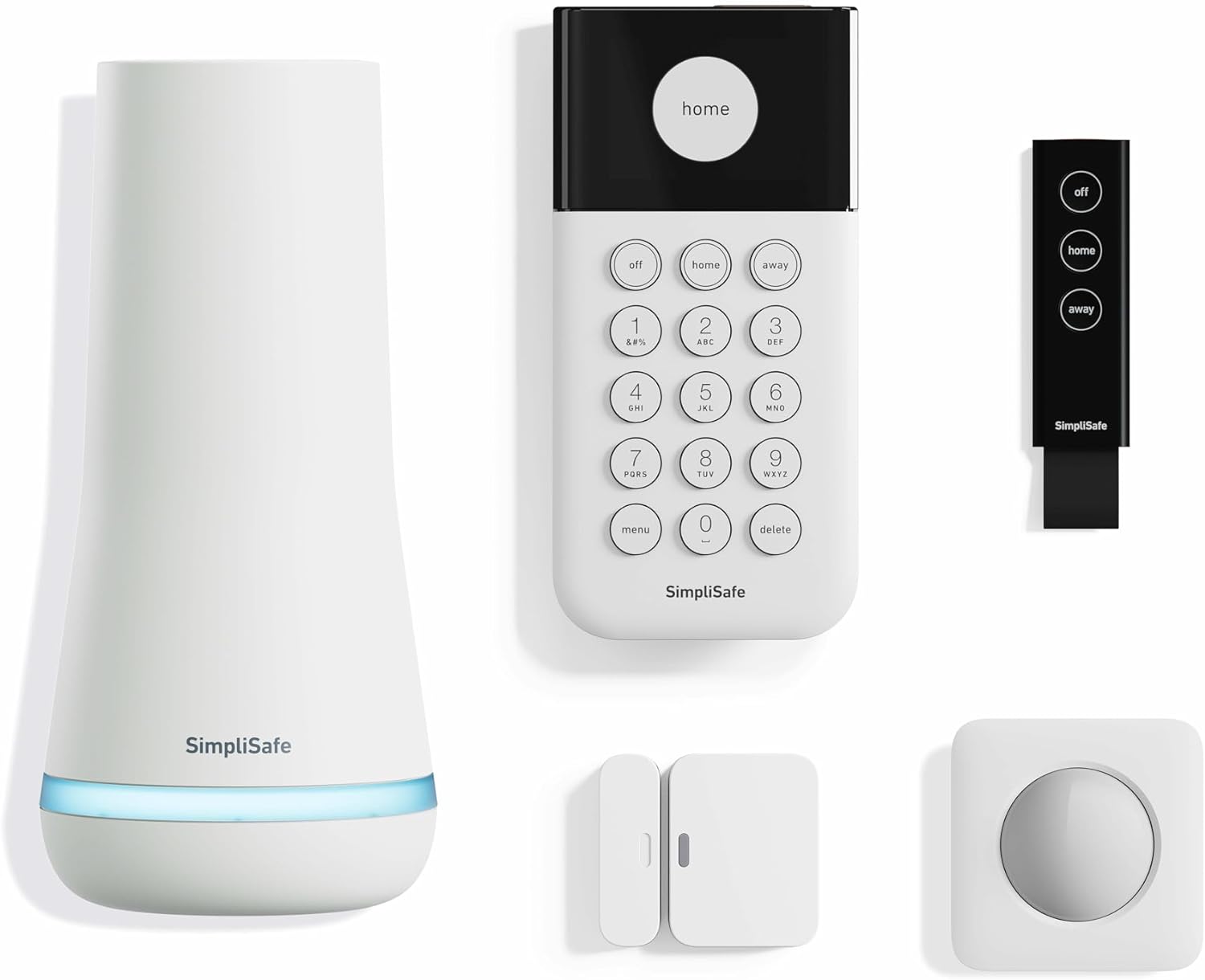
SimpliSafe 5 Piece Wireless Home Security System
Optional 24/7 Professional Monitoring – No Contract – Compatible with Alexa and Google Assistant,White
It is important to note that the MRT is separate from the mortgage tax, which is also imposed on mortgages in New York State. The mortgage tax is a percentage of the mortgage amount and is paid by the borrower at the time of closing. The MRT, on the other hand, is paid at the time of recording and is based on the amount of the mortgage.
Overview of Mortgage Recording Tax
Definition and Purpose
Mortgage recording tax is a tax charged when mortgages for property in New York City are recorded. The tax is collected by the New York City Register’s Office for all boroughs except for Staten Island, where the Richmond County Clerk does the collection. The purpose of the tax is to generate revenue for the government, and it is used to fund various public services, including education, healthcare, and infrastructure.
Applicable Properties
The mortgage recording tax applies to all types of real estate properties, including commercial and residential properties. The tax is calculated based on the amount of mortgage debt or obligation secured, and the applicable tax rates vary depending on the size and category of the home mortgage.
Key Entities Involved
The mortgage recording tax involves several key entities, including the New York State Department of Taxation and Finance, the New York City Register’s Office, and the Richmond County Clerk. The New York State Department of Taxation and Finance is responsible for setting the tax rates, while the New York City Register’s Office and the Richmond County Clerk are responsible for collecting the tax.
In summary, the mortgage recording tax is a tax charged on mortgages for property in New York City, and it is used to generate revenue for the government. The tax applies to all types of real estate properties, and it involves several key entities, including the New York State Department of Taxation and Finance, the New York City Register’s Office, and the Richmond County Clerk.
Calculating Mortgage Recording Tax
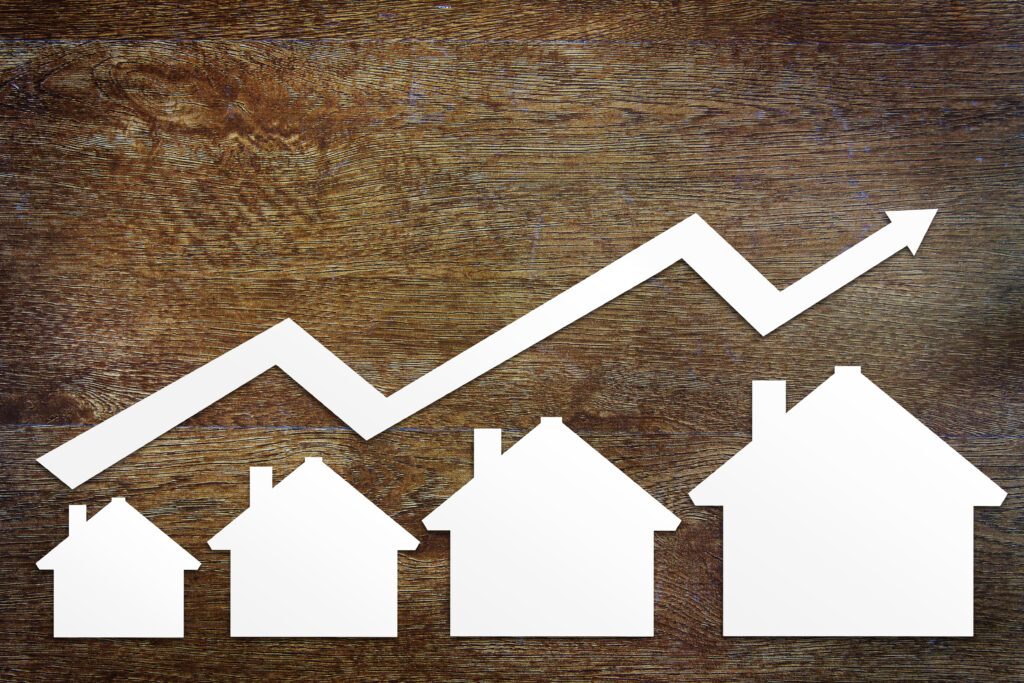
Calculating the mortgage recording tax in New York can be a bit complex, as it involves several different tax rates and special provisions. In this section, we’ll take a closer look at how the mortgage recording tax is calculated in New York.
Basic Tax Rates
The basic tax rate for mortgage recording in New York is 50 cents for every $100 of mortgage debt or obligation secured. This means that if you have a mortgage of $500,000, you would owe $2,500 in basic mortgage recording tax.

SimpliSafe 5 Piece Wireless Home Security System
Optional 24/7 Professional Monitoring – No Contract – Compatible with Alexa and Google Assistant,White
Additional Tax and Special Additional Tax
In addition to the basic tax rate, there are also two additional taxes that may apply depending on the circumstances. The first is a special additional tax of 25 cents per $100 of mortgage debt or obligation secured. The second is an additional tax of 25 cents per $100 of the mortgage debt or obligation secured, with a higher rate of 30 cents per $100 for counties within the Metropolitan Commuter Transportation District.
Tax Rate Variation by County
It’s important to note that the mortgage recording tax rate can vary by county in New York. For example, the basic tax rate in Manhattan is 50 cents per $100 of mortgage debt or obligation secured, while in the Bronx, Queens, Brooklyn, and Staten Island, the rate is 25 cents per $100 of mortgage debt or obligation secured.
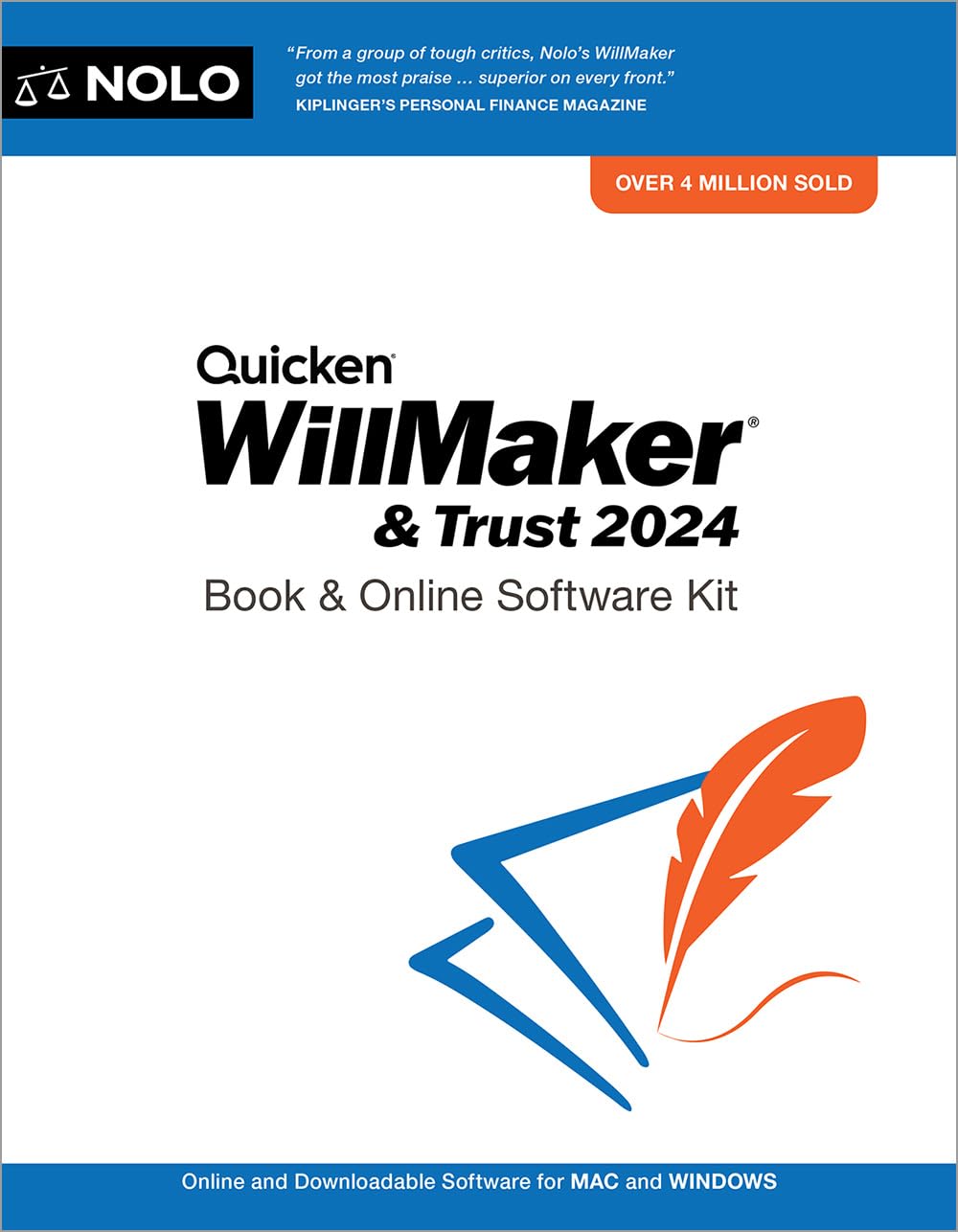
Do it Yourself Wills and Living Trusts
Quicken WillMaker and Trust is an easy way to create your estate plan.
To calculate the mortgage recording tax, you’ll need to know the basic tax rate, as well as any additional taxes that may apply. You’ll also need to know the county in which the property is located, as this will affect the tax rate.
Overall, the mortgage recording tax in New York can be a significant expense for homebuyers and sellers. It’s important to understand how the tax is calculated and to factor it into your budget when buying or selling a property in New York.
Filing the Mortgage Recording Tax
Filing the mortgage recording tax in New York can be a complicated process, but it is essential to ensure that all legal requirements are met. This section covers the required forms, filing process, and deadlines and extensions for the mortgage recording tax.
Required Forms
The required form for filing the mortgage recording tax in New York is the MT-15 Mortgage Recording Tax Return. This form is available on the New York State Department of Taxation and Finance website. Instead of filing Form MT-15, you may also compute the mortgage recording tax as if the real property is located entirely in the locality in which the greatest amount of tax is imposed.

SimpliSafe 5 Piece Wireless Home Security System
Optional 24/7 Professional Monitoring – No Contract – Compatible with Alexa and Google Assistant,White
Filing Process
The mortgage recording tax return must be filed with the county clerk where the mortgage is first presented for recording. The county clerk will then collect the tax and remit it to the state. The ACRIS system can be used to file the mortgage recording tax return electronically. However, for Staten Island properties, documents must be recorded in person at the Richmond County Clerk’s Office.
Deadlines and Extensions
The mortgage recording tax return must be filed within 15 days after the recording of the mortgage. If the tax is not paid within this time, interest and penalties will be assessed. Extensions may be granted by the county clerk for up to 30 days upon good cause shown. It is important to note that an extension of time to file the mortgage recording tax return does not extend the time for paying the tax.
In conclusion, filing the mortgage recording tax in New York requires careful attention to detail and adherence to legal requirements. By using the MT-15 form and following the filing process, individuals can ensure that they are meeting their obligations under New York law.
Exemptions and Rebates

Eligible Properties and Transactions
New York State offers exemptions and rebates on mortgage recording tax for certain eligible properties and transactions. The mortgage recording tax is not imposed on any mortgage executed by a voluntary nonprofit hospital corporation, fire company or voluntary ambulance service as defined in General Municipal Law § 100 (Definitions), or upon any mortgage executed by or granted to the dormitory authority of the state of New York.

Do it Yourself Wills and Living Trusts
Quicken WillMaker and Trust is an easy way to create your estate plan.
Additionally, residential properties that are being purchased for less than $10,000 are exempt from the mortgage recording tax. Several cities and counties also impose a separate mortgage recording tax.
Commission Rebate
A commission rebate is a common incentive offered by real estate agents to their clients. In New York State, a commission rebate can be used to offset the mortgage recording tax. The rebate is typically a percentage of the commission paid to the agent by the seller.
It is important to note that commission rebates are only allowed in certain states and must be disclosed to all parties involved in the transaction. In New York State, commission rebates are legal and are commonly used to offset the cost of the mortgage recording tax.
Refinancing Considerations
When refinancing a mortgage in New York State, there are a few considerations to keep in mind regarding the mortgage recording tax. If the original mortgage was recorded in New York State, the mortgage recording tax will not be imposed on the refinanced mortgage.
However, if the original mortgage was recorded outside of New York State, the mortgage recording tax will be imposed on the refinanced mortgage. It is important to consult with a real estate attorney or tax professional to determine the best course of action when refinancing a mortgage in New York State.
In addition, if the borrower is refinancing with the same lender, a Consolidation, Extension and Modification Agreement (CEMA) can be used to reduce the mortgage recording tax. A CEMA allows the borrower to pay the mortgage recording tax only on the difference between the new mortgage amount and the remaining balance on the original mortgage.

SimpliSafe 5 Piece Wireless Home Security System
Optional 24/7 Professional Monitoring – No Contract – Compatible with Alexa and Google Assistant,White
Overall, it is important to research and understand the exemptions and rebates available for mortgage recording tax in New York State in order to save on costs and make informed decisions when purchasing or refinancing a property.
Additional Costs and Taxes
When buying a property in New York, there are several additional costs and taxes that buyers should be aware of. These costs can add up quickly, so it is important to budget accordingly.
Transfer Taxes
New York State imposes a transfer tax on the sale of real estate. The tax rate is generally 0.4% of the sale price, but it can be higher in some cases. For example, if the property is located in New York City, the transfer tax is 1% of the sale price. In addition to the state transfer tax, there may also be local transfer taxes imposed by the county or city where the property is located.
Closing Costs
Closing costs are the fees associated with the purchase of a property. These costs can include things like attorney fees, title insurance, and appraisal fees. In New York, closing costs can range from 2% to 5% of the purchase price of the property. Buyers should be sure to get an estimate of closing costs from their lender or attorney before closing.

Do it Yourself Wills and Living Trusts
Quicken WillMaker and Trust is an easy way to create your estate plan.
Mansion Tax
In New York, there is a mansion tax that is imposed on properties that sell for $1 million or more. The tax rate is 1% of the purchase price, and it is paid by the buyer at closing. For example, if a property sells for $2 million, the mansion tax would be $20,000.
NYC Mortgage Recording Tax
In addition to the transfer tax and mansion tax, there is also a mortgage recording tax that is imposed in New York City. The tax rate varies depending on the size and category of the home mortgage. The buyer’s lender usually pays 0.25% of the mortgage recording tax, which makes the effective mortgage tax rates in NYC 1.8% for loans under $500K and 1.925% for loans over 500K. The basic tax is 50 cents per $100 of mortgage debt or obligation secured, and there is also a special additional tax of 25 cents per $100 of mortgage debt or obligation secured. An additional tax of 25 cents per $100 of the mortgage debt or obligation secured (30 cents per $100 for counties within the Metropolitan Commuter Transportation District) is also imposed.

SimpliSafe 5 Piece Wireless Home Security System
Optional 24/7 Professional Monitoring – No Contract – Compatible with Alexa and Google Assistant,White
Overall, buyers in New York should be prepared to pay a variety of additional costs and taxes when purchasing a property. It is important to work with a knowledgeable real estate agent and attorney to understand the full scope of these costs and to budget accordingly.
Legal and Administrative Aspects
Legal Authority and Regulations
The New York State Department of Taxation and Finance is responsible for administering the Mortgage Recording Tax (MRT) in New York. The legal authority for the MRT is derived from Article 11 of the New York State Tax Law. The MRT is levied on every mortgage of real property situated within the state that is recorded on or after July 1, 1969.
The MRT is composed of two parts: a basic tax of 50 cents per $100 of mortgage debt or obligation secured, and a special additional tax of 25 cents per $100 of mortgage debt or obligation secured. The combined New York State and New York City Mortgage Recording Tax rates depend on the amount of the mortgage.
Administrative Code and Tax Law
The administrative code and tax law sections that govern the MRT are contained in the New York City Administrative Code and the New York State Tax Law Section 253-a. The MRT is collected by the county clerk or register of deeds in the county where the property is located. The county clerk or register of deeds is responsible for collecting the tax and remitting it to the appropriate authorities.
The MRT is a significant source of revenue for the State of New York and the City of New York. The tax is used to fund various programs and services, including education, transportation, and public safety. The MRT is an essential tool for the government to raise revenue and maintain critical services for the citizens of New York.

Do it Yourself Wills and Living Trusts
Quicken WillMaker and Trust is an easy way to create your estate plan.
In conclusion, the MRT is a tax levied on every mortgage of real property situated within the state that is recorded on or after July 1, 1969. The legal authority for the MRT is derived from Article 11 of the New York State Tax Law. The MRT is composed of two parts: a basic tax of 50 cents per $100 of mortgage debt or obligation secured, and a special additional tax of 25 cents per $100 of mortgage debt or obligation secured. The MRT is collected by the county clerk or register of deeds in the county where the property is located. The tax is an essential tool for the government to raise revenue and maintain critical services for the citizens of New York.
Practical Scenarios and Examples
Purchasing and Selling Scenarios
When purchasing or selling a property in New York, it is important to understand the mortgage recording tax implications. The tax is based on the loan amount and is due on the closing day. The tax is calculated at a rate of $2.80 per $100 of the loan amount for residential dwelling units.
For example, if a buyer is purchasing a home for $500,000 and is obtaining a loan for $400,000, the mortgage recording tax due at closing will be $11,200. This tax is typically split between the buyer and seller, with each party paying half.

SimpliSafe 5 Piece Wireless Home Security System
Optional 24/7 Professional Monitoring – No Contract – Compatible with Alexa and Google Assistant,White
In addition to the mortgage recording tax, there may be legal fees and title costs associated with the transaction. These costs can vary depending on the title company used and the complexity of the transaction.
Refinancing and CEMA Loans
When refinancing a property in New York, the mortgage recording tax is due on the new loan amount. If the borrower is refinancing with the same lender and is obtaining a Consolidation, Extension, and Modification Agreement (CEMA) loan, the tax is only due on the difference between the old and new loan amounts.
For example, if a borrower is refinancing a $500,000 loan with the same lender for a new loan amount of $550,000, the mortgage recording tax due will only be on the $50,000 difference. This can result in significant savings for the borrower.
It is important to note that not all lenders offer CEMA loans, and the process can be more complex than a traditional refinance. Borrowers should work with their lender and title company to determine if a CEMA loan is the right option for their situation.
Overall, understanding the mortgage recording tax implications in New York is an important part of any real estate transaction. By working with knowledgeable professionals and understanding the tax implications, buyers and sellers can ensure a smooth and successful transaction.
Guidance for Buyers and Owners
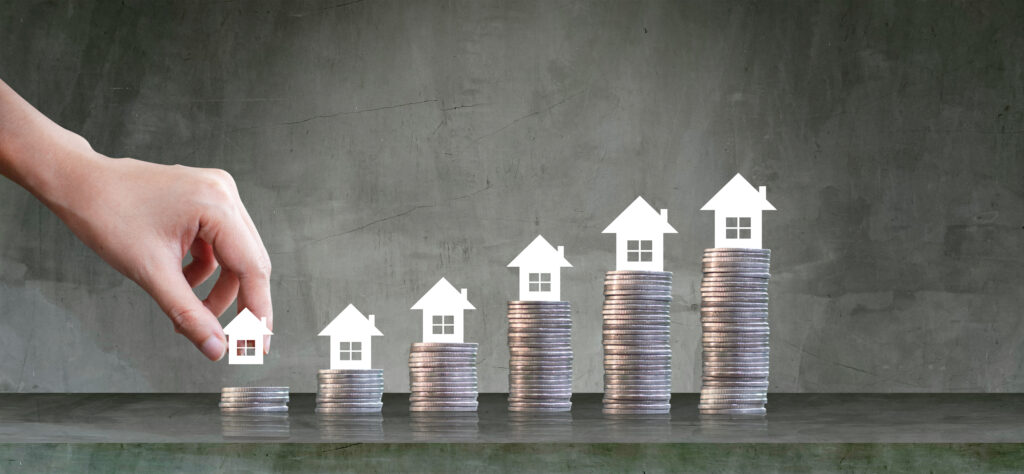
Understanding Your Obligations
When purchasing a property in New York, it is important to understand the tax obligations that come with it. One such obligation is the mortgage recording tax, which is imposed on the privilege of recording a mortgage on real property located within the state. The tax rates for the mortgage recording tax vary depending on the location of the property and the amount of the mortgage.
Buyers should be aware that the mortgage recording tax is typically paid by the borrower, but in some cases, the lender may pay a portion of the tax. It is important to clarify who is responsible for paying the tax in the purchase agreement.
Owners of condos should also be aware that they may be subject to the mortgage recording tax when refinancing their mortgages. This is because condos are considered to be real property in New York, and the mortgage recording tax is imposed on the recording of a mortgage on real property.
Strategies to Minimize Tax Liability
Buyers and owners can take certain steps to minimize their tax liability when it comes to the mortgage recording tax. One strategy is to negotiate with the seller to have them pay a portion of the tax as part of the purchase agreement. Another strategy is to structure the transaction as a refinance instead of a purchase, as refinances are subject to a lower tax rate.

Do it Yourself Wills and Living Trusts
Quicken WillMaker and Trust is an easy way to create your estate plan.
Borrowers can also minimize their tax liability by taking advantage of certain exemptions. For example, if the property being purchased is a one- or two-family house and the borrower intends to use it as their primary residence, they may be eligible for a partial exemption from the mortgage recording tax.
In addition, owners of co-ops should be aware that they are not subject to the mortgage recording tax. This is because co-ops do not involve the recording of a mortgage on real property, but rather the transfer of a proprietary lease.
By understanding their obligations and taking advantage of available strategies and exemptions, buyers and owners can minimize their tax liability when it comes to the mortgage recording tax in New York.
Frequently Asked Questions
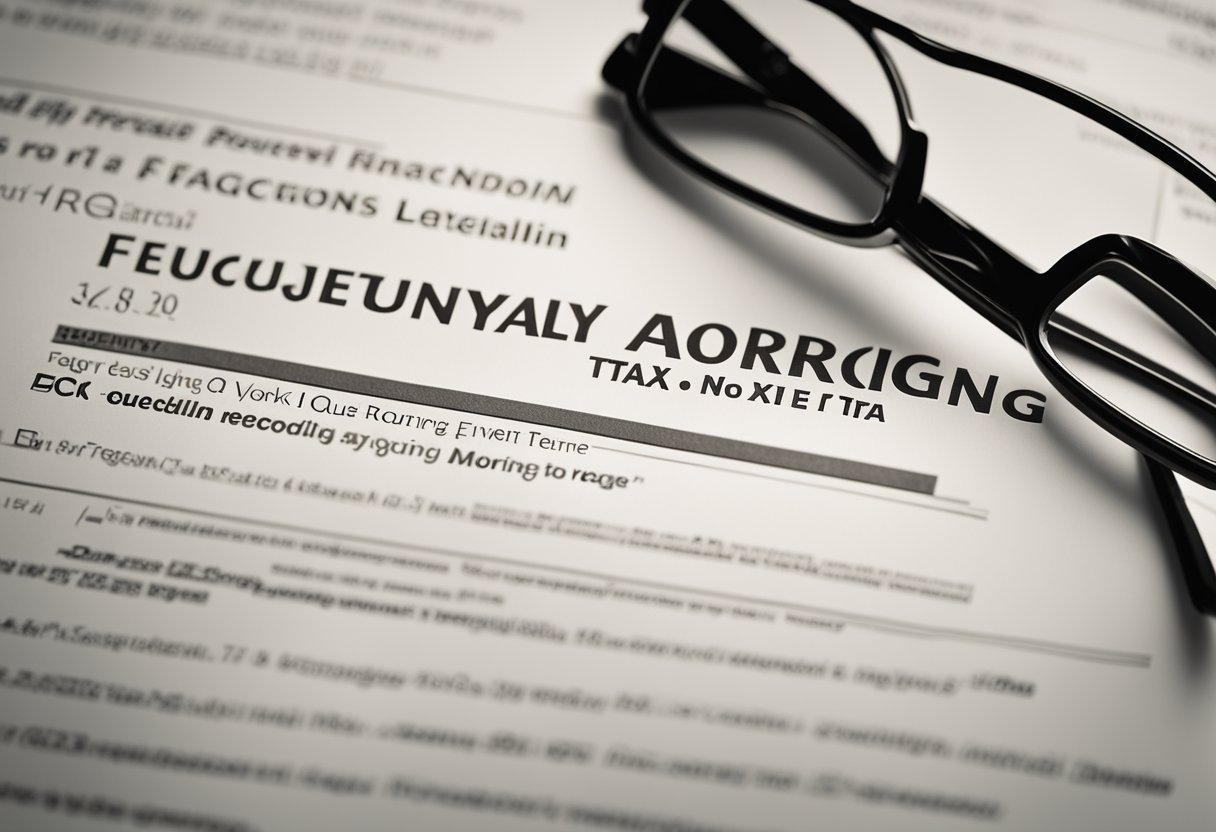
How can I calculate the mortgage recording tax in New York?
The mortgage recording tax in New York is calculated based on the mortgage amount. The basic tax is 50 cents per $100 of mortgage debt or obligation secured, and there is a special additional tax of 25 cents per $100 of mortgage debt or obligation secured. In addition, there is an additional tax of 25 cents per $100 of the mortgage debt or obligation secured (30 cents per $100 for counties within the Metropolitan Commuter Transportation District). To calculate the total mortgage recording tax, simply add up these three taxes.
What are the current rates for New York State mortgage tax by county?
The combined New York State and New York City Mortgage Recording Tax rates depend on the amount of the mortgage, as well as the county in which the property is located. The rates can range from 1.05% to 2.8%. It is important to note that some counties may also have their own additional taxes.
Can I get a refund on the mortgage recording tax in New York?
In general, the mortgage recording tax in New York is non-refundable. However, there are some exceptions to this rule. For example, if the mortgage was recorded in error or if the mortgage was not consummated, you may be able to get a refund. It is best to consult with a tax professional for specific guidance on your situation.

Do it Yourself Wills and Living Trusts
Quicken WillMaker and Trust is an easy way to create your estate plan.
What exemptions are available for New York mortgage recording tax?
There are several exemptions available for the New York mortgage recording tax. For example, if the mortgage is for less than $10,000, or if the mortgage is given to a government agency or instrumentality, no mortgage recording tax is due. Additionally, there are exemptions available for certain types of mortgages, such as certain affordable housing mortgages.
Is the mortgage recording tax deductible on my New York state taxes?
No, the mortgage recording tax is not deductible on your New York state taxes. However, you may be able to deduct the mortgage interest paid on your federal income tax return.

Do it Yourself Wills and Living Trusts
Quicken WillMaker and Trust is an easy way to create your estate plan.
What is the process for recording a mortgage in New York?
To record a mortgage in New York, you must file the mortgage with the appropriate county clerk’s office. You will need to pay the mortgage recording tax at the time of filing. The county clerk’s office will then record the mortgage and return the original to the mortgagor. It is important to note that the mortgage must be recorded within 90 days of its execution.





